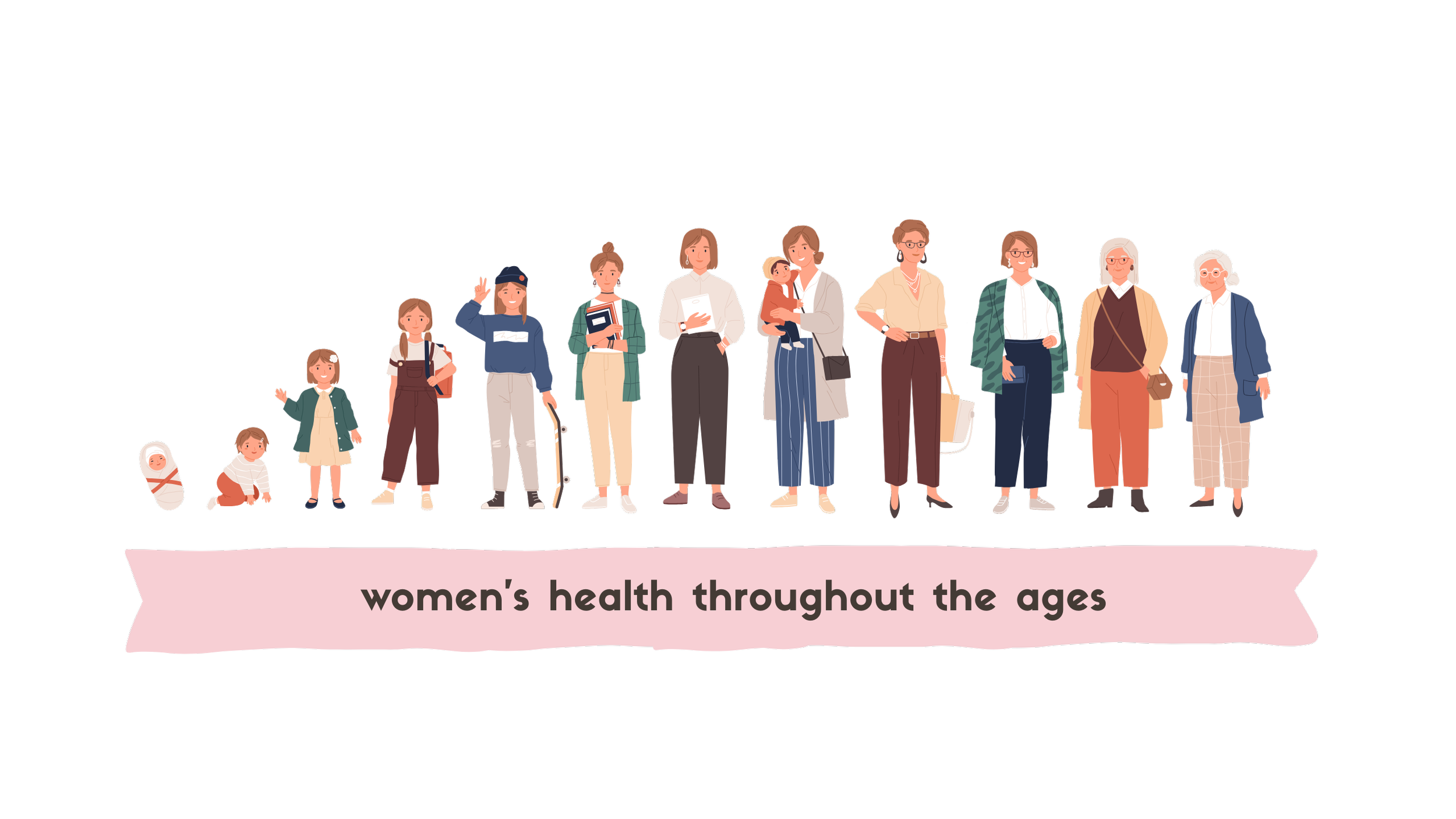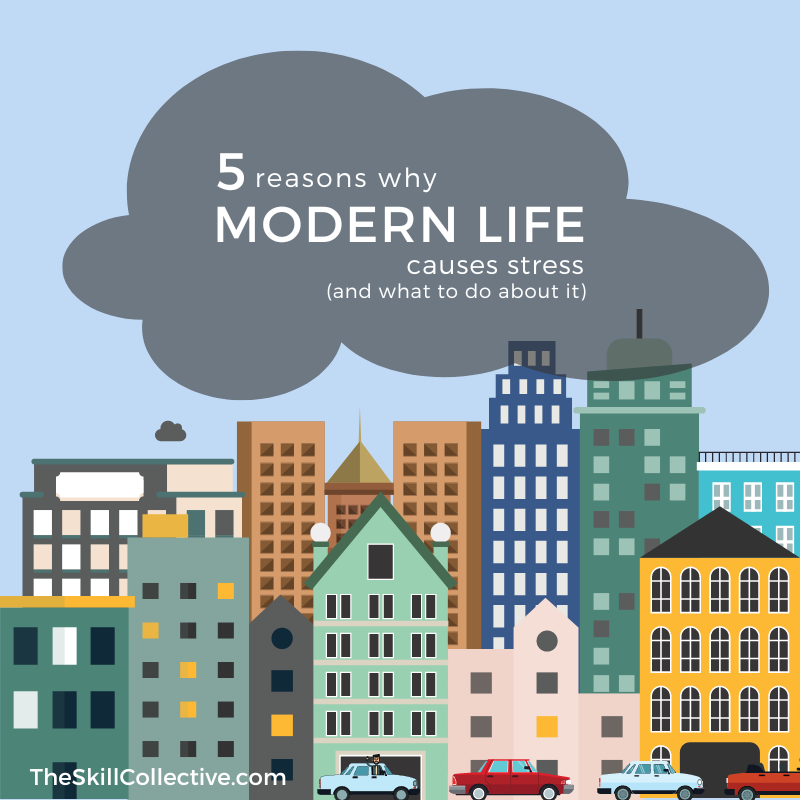WOMen’s HEALTH
Women’s physical health, wellbeing, and mental health
One of the great privileges of having worked with people over the years is to gain an understanding of what impacts women’s health. It’s not just the hormonal shifts of puberty, pregnancy, and perimenopause - it’s also the roles that women hold in society and households and the greater societal expectations they face. Some trends we’ve noticed:
The weight of expectations - whether they are social, cultural, externally- or self-imposed… trying to live up to these expectations can often lead to significant stress and poorer mental health
The juggling and mental load we see, where women are often faced with balancing their career with studies, housework, child rearing, caring for extended family, and the running of the household
Identity shifts across the lifespan, from starting to understand your place in the world as a child, through to multiple identity shifts throughout life as roles change (caregiver, worker, friend, partner, parent, daughter). Identity shifts are also influenced by biology (from menarchy through to menopause).
Body image and self-esteem issues in response to society’s obsession with appearance (thanks to media and social media)
Engagement in social comparison, related to a need to ‘keep up with the Joneses’ and a serious case of FOMO (a fear of missing out)
Is it any wonder that we’re seeing some concerning patterns in women’s wellbeing and mental health?:
Around 15% of women reported experiencing high or very high levels of psychological distress (particularly so for those in the 18-24 years and the 55-64 years age groups).
Mental health: Around 15% of women have an anxiety-related condition and around 10% have had depression or feelings of depression
Concerning trends in alcohol use, particularly the proliferation of “Wine O’Clock” and commonplace drinking for women in the 40-49, and 50-59 year age brackets as a way of relieving the pressures of the day. Indeed, women in their 50s are most likely to drink at risky levels.
WHAT CAN BE DONE TO IMPROVE WOMEN’S HEALTH OUTCOMES?
There is a lot that can be done to improve the wellbeing and mental health of women. Here’s a great starting point to help sharpen your focus, streamline your life, and stay more centred in your daily actions:
Clarify your purpose. Streamline your life by working out what’s important to you.
Declutter and purge the non-essentials in your life.
Focus and stay on track with your streamlined routine.
Add some mindset magic to help you manage all types of situations
Rebalance your life to include time to yourself
Live a healthy lifestyle as good physical health supports good mental health
Learn emotion-regulation skills to help you navigate more calmly through ups and downs
If you’re seeking a more tailored approach; reach out - below are some of our psychologists with a special interest in supporting women’s health.
References
Andrews, G., & Slade, T. (2001). Interpreting scores on the Kessler Psychological Distress Scale (K10). Australian and New Zealand Journal of Public Health, 25, 494-497.
Australian Bureau of Statistics (2009). National Survey of Mental Health and Wellbeing: Summary of Results, 4326.0, 2007. ABS: Canberra.
Australian Bureau of Statistics (2018). National Health Survey: First Results, 2017-2018, 4364.0.55.001. ABS: Canberra
Australian Institute of Health and Welfare (2017). National Drug Strategy Household Survey 2016: detailed findings. Drug Statistics series no. 31. Cat. no, PHE 214. Canberra: AIHW.
Australian Institute of Health and Welfare (2018). Family, domestic and sexual violence in Australia 2018. Cat. no. FDV 2. Canberra: AIHW.
Department of Health, (2002) . The Kessler Psychological Distress Scale (K10). Govt of South Australia. https://health.adelaide.edu.au/pros/docs/reports/br200214_k10.pdf
Kessler, R.C., Barker, P.R., Colpe, L.J., Epstein, J.F., Gfroerer, J.C., Hiripi, E., Howes, M.J., Normand, S.L.T., Manderscheid, R.W., Walters, E.E., and Zaslavsky, A.M. (2003). Screening for serious mental illness in the general population. Archives of General Psychiatry, 60(2), 184-189.
Takeda, Y. (2010). Understanding the Life Stages of Women to Enhance Your Practice. Japanese Medical Association Journal, 53,273-278. (translated text from https://www.med.or.jp/english/journal/pdf/2010_05/273_278.pdf).
Walters, V. (2004). The Social Context of Women's Health. BMC Womens Health, 4(Suppl 1):S2. doi: 10.1186/1472-6874-4-S1-S2
www.self-compassion.org/
www.theskillcollective.com/blog/how-mind-affects-sleep-psychology
www.theskillcollective.com/blog/low-self-esteem-the-role-of-social-comparison
www.theskillcollective.com/blog/social-media
www.theskillcollective.com/blog/tips-reduce-alcohol
www.theskillcollective.com/blog/why-exercise-matters-mental-health-wellbeing












Perimenopause - or the period of transition into menopause - can be a time of great upheaval when it comes to the physical, mental, and social aspects of life.